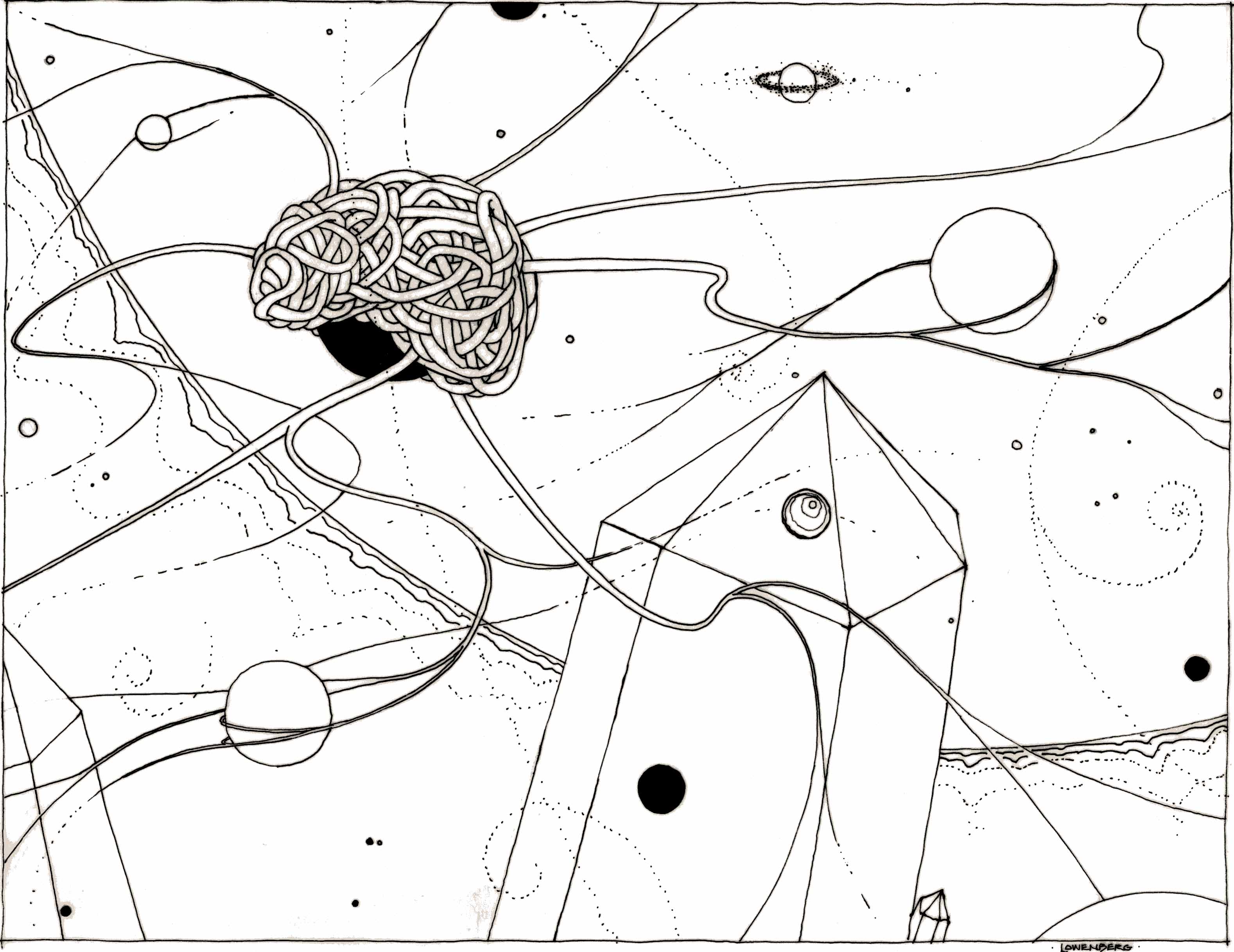Information Ecology
The Nature of Information
Information, like matter and energy, is a primary ecological constituent.
Information requires life, and it endows life.
Information is universal, with qualities and properties varying according to scale.
Information at human-earth scale may in part be thought of as a complex dynamic environment, which all life interacts with.
Information is the difference in the state of being resulting from any interaction between two or more systems, from macro to micro.
The dynamic flow of information tends to reorganize living systems and social constructs.
Human senses evolved to sense narrow (visible and auditory) ranges of spectral information, though we invisibly and sometimes intangibly interact with all information.
The human brain and nervous system have evolved through cumulative genetically coded experience, unique processes of self-referencing, and a seeming desire to be all knowing.
Human technological development allows us to tune in to and manipulate large parts of the information environment.
Information has value. It may be free, cheap or expensive, based on its availability, demand, processing requirements, and ability to make a difference.
In human terms, pollution and waste in the information environment are qualitative: ignorance, confusion, deception; as well as quantitative: sensory overload, noise and dis-ease.
------------------------------------------------------------------------------------------
Information is not just in the mind Information is not just computer data Information is not just electronic signals Information is not just send and receive Information is not just communication Information is not just images and sounds Information is not just stored in memory Information is not just differential Information is not just genetic code Information is not just neg-entropy
Information is the evolving dynamic, aggregated relationship and difference between all of this, and more.
Draft: 2006



